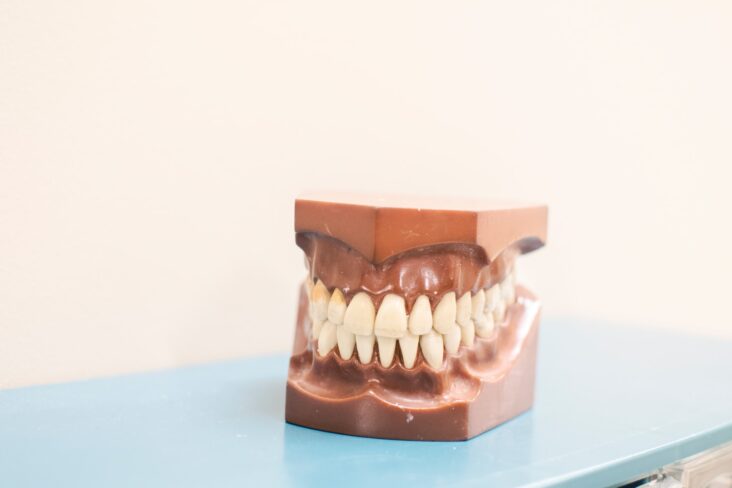Receding gums, which is formally known as gingival recession, is a common dental issue that occurs when the gum tissue surrounding the teeth retracts, exposing more of the tooth or the tooth’s root.
This dental condition may not only lead to sensitivity, but also increase the risk of developing tooth decay, gum disease, and tooth loss. With that in mind, it’s worth learning the causes of this condition, and how you can maintain good oral health moving forward.
Causes of Receding Gums
Several factors can contribute to gum recession. These include:
1. Periodontal Disease: Gum disease, or periodontal disease, is the leading cause of receding gums. It’s a bacterial infection that further deteriorates the gum tissue and the bone that supports your teeth in place.
2. Genetics: Some people are more susceptible to gum disease due to their genetic makeup. If your parents or grandparents had receding gums, you might also be at a higher risk of developing this condition.
3. Aggressive Tooth Brushing: Brushing your teeth too hard can cause the gums to recede. With that in mind, always brush gently and use a toothbrush with soft bristles.
4. Poor Dental Hygiene: Inadequate brushing and flossing can lead to plaque and tartar buildup, contributing to your gum receding.
5. Hormonal Changes: Hormonal fluctuations can actually make the gums more susceptible to recession, so you may need to be extra vigilant about your oral health during the peak of your puberty, pregnancy, and even menopausal stage.
6. Tobacco Use: It’s always been known that smoking or chewing tobacco can compromise your oral health, and this includes causing your gums to recede, along with more plaque and tartar buildup in your teeth.
7. Grinding or Clenching Teeth: This habit, known as bruxism, can put excessive force on the teeth, leading to gum recession.
8. Misaligned Teeth: Having crooked teeth or an irregular bite can lead to uneven pressure on the teeth and gums, increasing the risk of gum recession.
Symptoms of Receding Gums
Receding gums may not cause any noticeable symptoms in the initial stages. However, as the condition progresses, you might experience the following symptoms:
- Longer-looking teeth: As the gums recede, more of the tooth’s surface is exposed, making them appear longer than usual.
- Tooth sensitivity: The exposed tooth roots can be sensitive to hot, cold, sweet, or sour foods and beverages.
- Red, swollen, or bleeding gums: These are common signs of inflammation and gum disease, often accompanying gum recession.
- Loose teeth: As the gum tissue and supporting bone wear away, the teeth may become loose and eventually fall out.
- Toothache or discomfort: Receding gums can cause pain or discomfort while eating or drinking.
Treatment Options for Receding Gums
The appropriate treatment for receding gums depends on the cause and severity of the condition. Some treatment options include:
1. Deep cleaning: Scaling and root planing involves removing plaque and tartar buildup from the tooth’s surface and smoothing the exposed root area to help the gums reattach to the teeth.
2. Gum graft surgery: A periodontist may perform a gum graft, where tissue is taken from another area of the mouth and attached to the receding gums to cover the exposed tooth roots.
3. Regenerative procedures: In cases of severe bone loss, a periodontist may perform a bone graft or apply a regenerative membrane to stimulate bone and tissue growth.
4. Bite adjustment: For cases where teeth grinding or misaligned teeth contribute to gum recession, orthodontic treatment or a bite adjustment may be recommended.
The Bottom Line
While treatments are available, such as scaling and root planing, practicing good oral hygiene habits is the best way to prevent receding gums. If you notice any changes in your gums, it’s always better to consult with your dentist about this dental issue.
At Watertown Dentistry, we are proud to be the best dentist in Watertown. We are committed to providing the highest quality of care and making sure that each patient feels welcomed and comfortable. We invite you to come in and experience the Watertown Dentistry difference!

